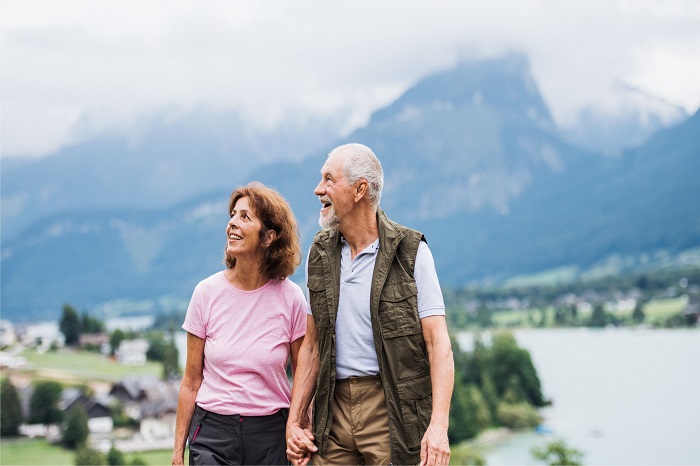
Vietnam travel tips for seniors
- on Aug 28, 2023 By: Ngoc Nguyen
Vietnam is one of the main tourist destinations in Southeast Asia. Ever since it opened its doors to tourists a few decades ago, people from all over the world have been flocking to Vietnam to catch a glimpse of its exotic beauty and natural wonders and to taste something out of the ordinary.
Apart from the glorious vegetation, vast rice paddies, and iconic pagodas, Vietnam also boasts a cultural heritage that is the legacy of its nation. The Vietnamese people have taken advantage of the warm tropical climate and enjoy an abundance of seasonal crops that have nourished their people. Read on for more Vietnam travel tips that we have prepared for your future trip to this country.
Apart from these aspects, the beaches in Vietnam are the best places to relax and can rival any other beaches in the region. Vietnam is truly a tropical paradise. From towering hills to magnificent temples, Vietnam captures the essence of grandeur and opulence. Empowered by a beleaguered history that included violence and war, the Vietnamese people have evolved and continue to become hard-working, hopeful citizens who look forward to a brighter future. They are tough, brave, and strong fighters who are always proud of their country, happy to welcome tourists, and eager to introduce their beloved country to the rest of the world.
1. People
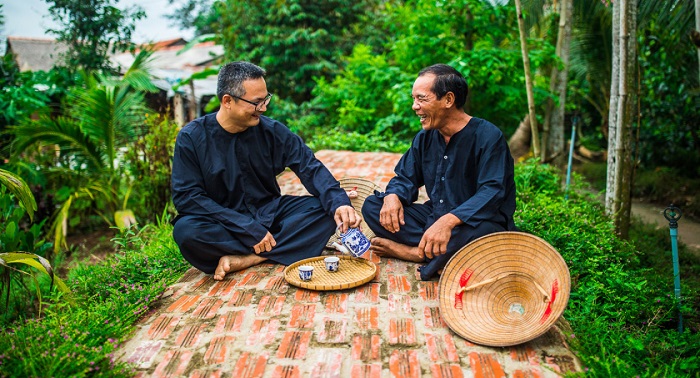
Like their neighbors, the Vietnamese are extremely courteous, well-mannered, and caring people who are willing to go the extra mile to please their guests. You'll find them refined with the kind of shyness that draws others to them. Although they may seem reserved and unsociable at first sight, the Vietnamese are always helpful and accommodating, especially towards travelers. Tourists who have just become acquainted with the locals will usually be invited to join in a family meal and be treated as one of them. A large part of the Vietnamese population can speak and understand English, especially those who work in businesses and shops, so you can communicate with them comfortably. Some locals can also understand a little French, Japanese, and Chinese.
2. Travel to Vietnam for seniors
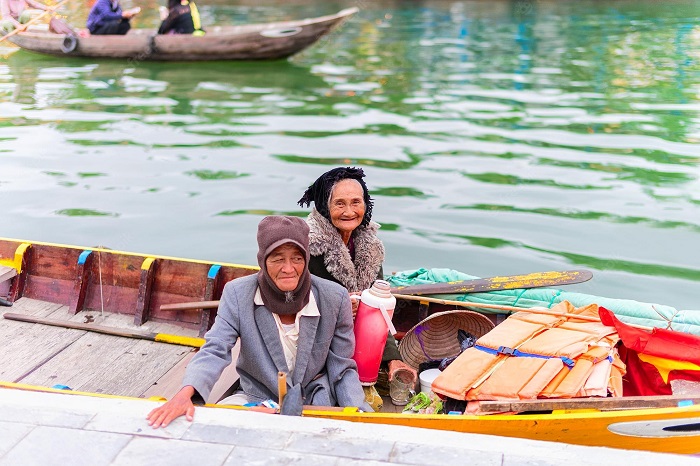
If you don't get around as easily as you used to or are looking for accessible travel options, you may find it difficult to get around Vietnam. This is largely due to the terrible traffic caused by hordes of motorbikes and cyclos, the loss of elevators in small buildings, and the absence of ramps for people in wheelchairs. You can ask your travel agency or hotel management for help to get around, and they will try to find a way like a private car rental for your safety.
Respect for elders is an important cultural value and in general, Vietnamese culture values respect for authority and avoidance of conflict. In the Vietnamese community, the benefit of the family and the community comes before the individual.
While seniors traveling to Vietnam can enjoy the full respect for elders that the social fabric and Confucianism afford you, you are unlikely to take advantage of the major travel discounts that you enjoy back home. But ask about travel discounts because you're rolling and dealing with email and internet at home when planning your trips.
3. Travelling on a budget
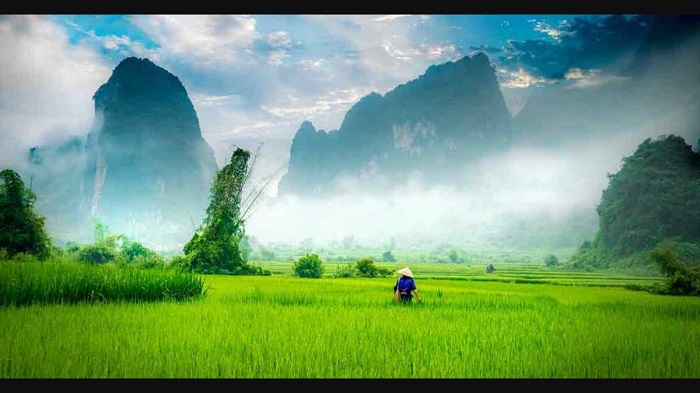
You can choose to go for luxury with five-star hotels over $700 for a night or opt for a more economical night by staying in mini-hotels which are mainly rooms for rent by families who have space to resell. These are mostly air-conditioned and well-maintained, and since most Vietnamese are friendly to travellers, they can offer this to you at a bargain price. They can even provide you with extra beds or mattresses and other requests for a small fee.
Street food can also be interesting and cheap, but you have to be careful. Most street food is soup bowls with noodles, as is the case in Asia. However, various restaurants cater to European and Western tastes, including Japanese and Chinese cuisine.
Vietnamese Pho (classic Vietnamese noodle soup) has captivated the world and can be found on many menus around the world. In Vietnam, you will see almost every stall or restaurant serving Pho with beef, the typical combination. Fish sauce is also a staple, along with fresh seasonal fruits you won't find in your hometown like rambutans and longans.
Vietnamese like to drink beer. Try the local drink and take a sip of bia hoi (Vietnamese beer). If you prefer other brands of beer, you can also find them in restaurants, at a slightly higher price. As always, drink only bottled water and avoid eating raw foods to avoid any stomach issues while travelling abroad, as you don't want any illness to ruin your trip.
4. Ease of movement
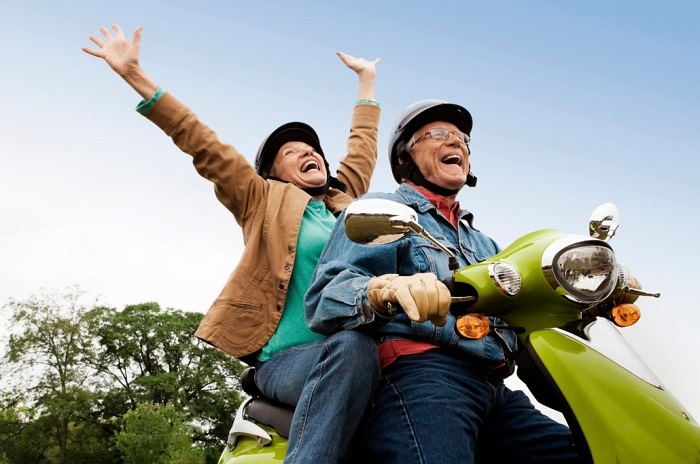
It is easy to flag a taxi when travelling in Vietnam and you can tell them apart by their colours (yellow or green). Be prepared and write down the exact address of the destination for the drivers to follow, as chances are they are not very familiar with the use of the English language. Another way to get around is to use bicycles or cyclos which are relatively cheaper but slower. Vietnam's cities are known for motorbikes plying the main thoroughfares, so you can choose to ride one of your own by renting or buying one cheaply in Ho Chi Minh City or Hanoi. Ask your guide or hotel agent for information on the best deals on renting or getting a motorbike. Also remember that you need a driver's license, although Vietnamese police rarely check foreigners on motorbike.
5. Travel tips
The climate in Vietnam varies in its three regions (North, South, Centre), so it doesn't matter what month you visit. Even if it's summer or winter, the weather won't be too hot or too cold for comfort, and generally, you can enjoy a visit to Vietnam without worrying too much about the weather. However, if you are a beach lover who is in the northern and southern regions of Vietnam, it is best to go from April to May. Big cities can get very crowded during peak seasons (November to March), so be careful not to join the rest of the tourists during these months.
The establishments are open from 7 a.m. until 6 p.m., and the Vietnamese take their breaks seriously. Nothing can disrupt their lunch hour, so if you arrive at a store from noon until just before 2 p.m., chances are you'll find the store closed for lunch. Banks and government offices are the same. To visit the temples, you can go anytime from 5:00 a.m. to 9:00 p.m., while if you wish, the entertainment clubs are open until the wee hours of the morning (usually past midnight, like 2:00 a.m.).
Virtually, all buildings and businesses now have an Internet connection. If you want to use the internet, you can do so for a nominal fee, although some luxury hotels offer this service for free. Many internet cafes have sprung up in cities these days, and you can use their workstations or connect your laptop without any difficulty.
Dress manner and style are important, as Vietnamese tend to be very conservative, which means only long-sleeved shirts and pants are acceptable. Shoes are always left outside before entering a temple, pagoda, or even someone's house. Taking pictures of infantrymen or members of the armed forces is prohibited as it may be considered a hostile act aimed at provoking them. Likewise, do not bring your camera when visiting the ethnic tribes of Vietnam as it is considered an invasion of privacy.
Vietnam has a lot to offer in terms of scenic spots, including the populous and artistic city of Hanoi, the historic city of Ho Chi Minh near the Saigon River, the enchanting caves and waterways along Halong Bay, the attractive and remarkable gastronomy of Hoi An, the pristine beaches of Mui Ne and Nha Trang and the magnificent ancient ruins of the Champa Kingdom. Vietnam has a vibrant artistic community with several museums and galleries for your viewing pleasure. Hue is the ancient capital of Vietnam and is home to many religious towers and temples where you can spend a day of meditation and cultural immersion.
Shopping in Vietnam can be a great deal! Many tourists bring home fine fabric items with lace, delicate silks, handicrafts with mother-of-pearl designs, and even bamboo furniture, including chairs, mats, curtains, and blinds.
Related articles:
>> 8 destinations for a solo trip to Vietnam
>> Where and when to see the most beautiful rice fields in Northern Vietnam?
>> Best honeymoon destinations in Vietnam
 Español
Español Français
Français
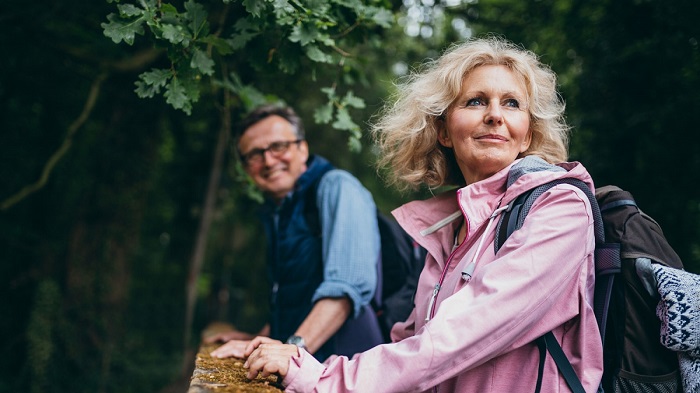






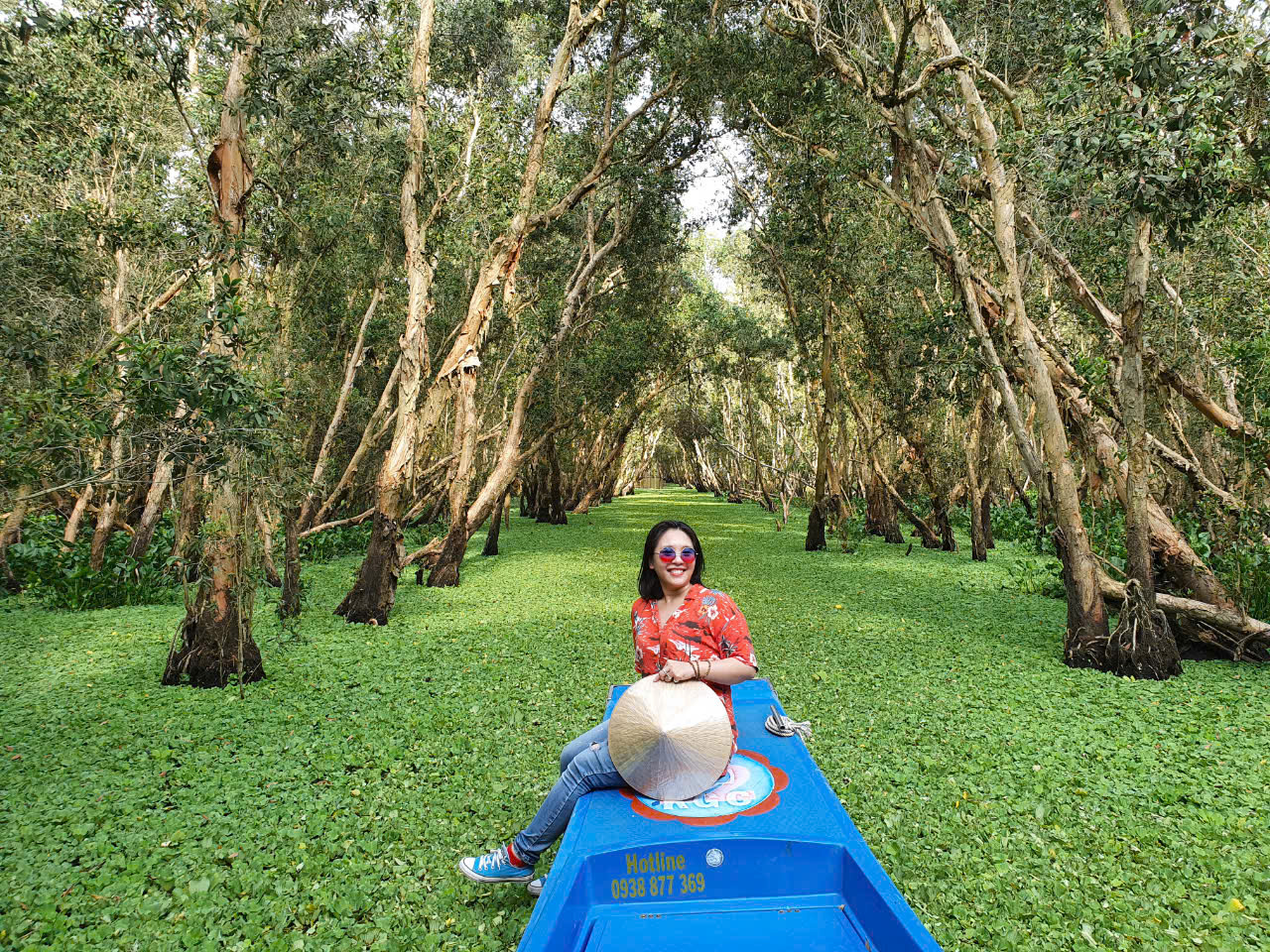
.jpg)
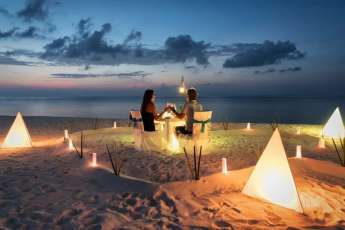
.jpg)
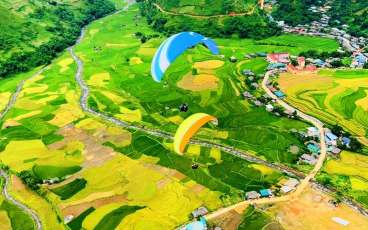
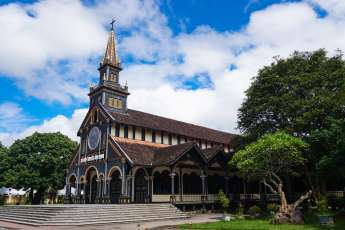






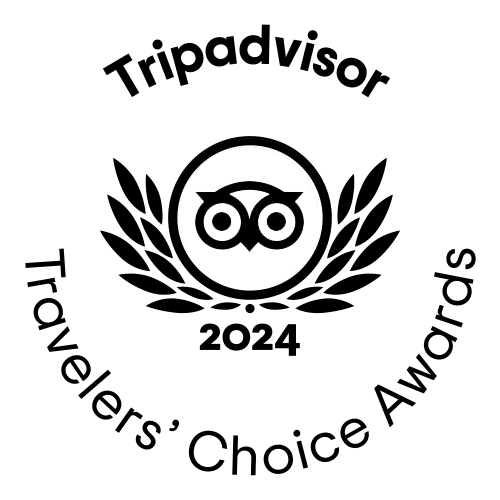

Morgane Ter Cock
on Dec 18, 2025HerbertPhomaMS
on Oct 19, 2025Lilyan Cuttler
on Oct 15, 2025Avenue17XC
on Sep 14, 2025Avenue18JL
on Jul 21, 2025